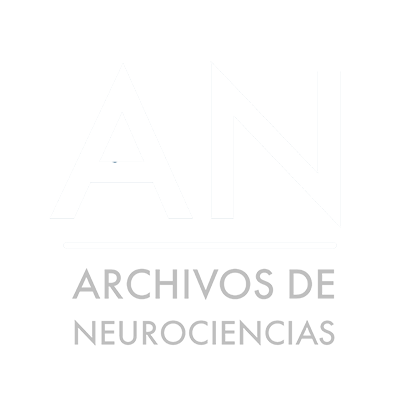Non-pharmacological intervention on inhibitory control in adolescents with ADHD
DOI:
https://doi.org/10.31157/an.v26i1.214Keywords:
Executive functions, Inhibitory control, ADHD, Non-pharmacological interventionAbstract
One of the main neuropsychological features in Attention-Deficit/Hyperactivity Disorder (ADHD) are the failures in executive functioning, especially inhibitory control (IC), which is important for the stopping of an ongoing response, permits a delay in the decision to respond and protects this period of time. Due to these deficits, teenage population with ADHD are more susceptible to present behaviors such as substance abuse, high-risk sexual behavior and the presence of comorbidities. The aim of the present study was to conduct a review of the last 10 years about the non-pharmacological interventions on IC in adolescents with ADHD. An electronic search was made in Scopus, PubMed and Web of Sciences databases, combining the next keywords: “intervention”, “inhibitory control”, “adolescents”, “teenagers” and “ADHD”. Articles were selected from 2010 to 2020. Transcranial magnetic stimulation was the most reported non-pharmacological intervention for enhancing the IC in adolescents with ADHD, followed by physical exercise and neurofeedback. The lack of literature about this topic is a relevant issue to generate future research lines about the treatment of executive functions in adolescents with ADHD.
Downloads
Published
How to Cite
Issue
Section
License
Copyright (c) 2021 Instituto Nacional de Neurología y Neurocirugía Manuel Velasco Suárez

This work is licensed under a Creative Commons Attribution-NonCommercial-NoDerivatives 4.0 International License.
September 2022-present © Instituto Nacional de Neurología y Neurocirugía Manuel Velasco Suárez. Open access articles under the terms of the Creative Commons Attribution-NonCommercial 4.0 International (CC BY-NC 4.0) license, which permits use, distribution and reproduction in any medium, provided the original work is properly cited. No commercial re-use is allowed.
January-September 2022 © The authors. Open access articles under the terms of the Creative Commons Attribution-NonCommercial 4.0 International (CC BY-NC 4.0) license, which permits use, distribution and reproduction in any medium, provided the original work is properly cited. No commercial re-use is allowed.
January 2014-December 2021 © Instituto Nacional de Neurología y Neurocirugía Manuel Velasco Suárez. Open access articles under the terms of the Creative Commons Attribution 4.0 International (CC BY 4.0) license, which permits use, distribution and reproduction in any medium, provided the original work is properly cited.




